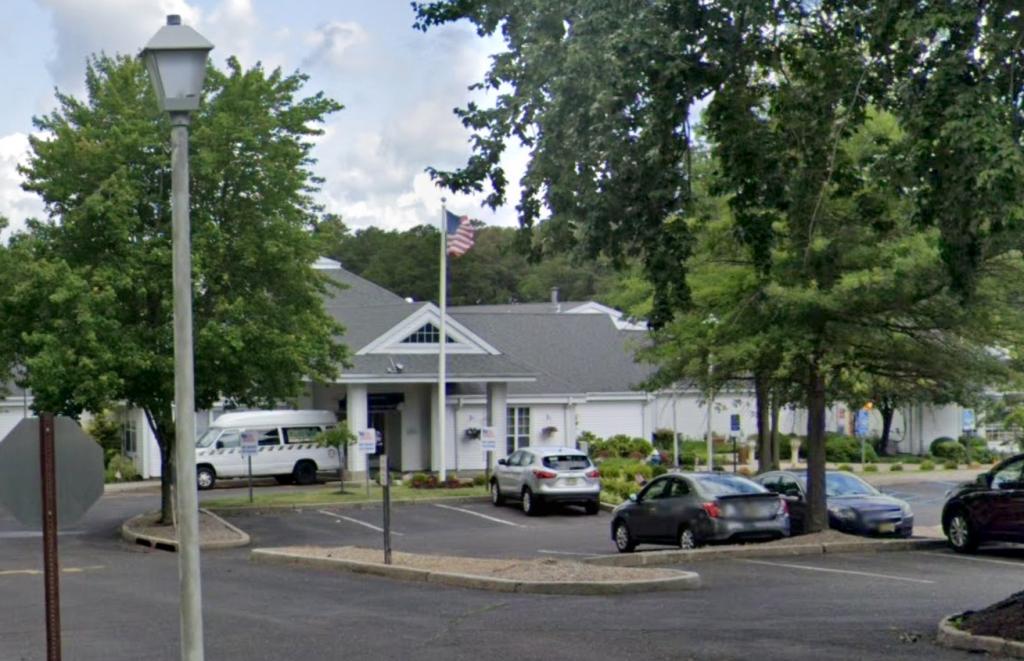NJ Nurse Faces Scrutiny After Pepper-Spraying 87-Year-Old Dementia Patient
A New Jersey nurse is under investigation after allegedly pepper-spraying an 87-year-old dementia patient at a long-term care facility in Trenton. The incident, which occurred last week, has sparked outrage and renewed concerns about elder abuse in healthcare settings. Authorities confirmed the patient suffered minor injuries while the nurse has been placed on administrative leave pending a full review.
Shocking Incident Highlights Systemic Vulnerabilities
The altercation reportedly began when the elderly patient, identified as Martha Wilkins, became agitated during a routine care procedure. According to facility reports, the nurse—whose identity remains confidential during the investigation—deployed pepper spray as a “restraint alternative.” However, eyewitness accounts suggest the response was disproportionate to the situation.
“Using chemical restraints on vulnerable elders is never acceptable except in extreme emergencies,” said Dr. Ellen Torres, geriatric specialist at Princeton Medical Center. “This case appears to violate multiple protocols for dementia care.”
Key concerning facts about the incident:
- The patient weighed just 98 pounds and used a walker
- No other staff members reported feeling physically threatened
- Facility logs show three prior complaints about the same nurse
Broader Problem in Elder Care Facilities
This incident occurs against a troubling national backdrop. According to the National Council on Aging:
- 1 in 10 Americans aged 60+ have experienced elder abuse
- Only 1 in 24 cases get reported to authorities
- Dementia patients are particularly vulnerable to mistreatment
“The power imbalance between caregivers and cognitively impaired patients creates inherent risks,” explained attorney Michael Chen, who specializes in elder rights cases. “When staff aren’t properly trained in de-escalation techniques, these situations can spiral dangerously.”
Conflicting Perspectives Emerge
While most experts condemn the nurse’s actions, some healthcare workers have voiced concerns about understaffing and inadequate support. A recent survey by the American Nurses Association found:
- 62% of long-term care nurses report frequent violent outbursts from dementia patients
- Only 28% received specialized dementia training
- Average nurse-to-patient ratios often exceed recommended guidelines
“We’re not excusing misconduct, but the system sets caregivers up to fail,” said union representative Deborah Mills. “When you’re alone with five sundowning patients and no backup, poor decisions happen.”
Regulatory Response and Next Steps
The New Jersey Department of Health has launched a full investigation that will examine:
- The facility’s use-of-force policies
- Staff training records
- Previous incident reports
Meanwhile, advocacy groups are calling for reforms including mandatory dementia-specific training and stricter oversight of restraint use. Several legislators have promised to introduce new elder protection laws when the assembly reconvenes next month.
For families with loved ones in care facilities, experts recommend:
- Conducting unannounced visits at varying times
- Documenting any unexplained injuries or behavioral changes
- Reviewing facility inspection reports online
Looking Forward: The Road to Reform
As the investigation continues, this case has become a flashpoint in the larger conversation about elder care standards. With America’s aging population growing rapidly—the 85+ demographic is projected to triple by 2060—experts warn such incidents may increase without systemic changes.
“This isn’t just about one bad apple,” concluded Dr. Torres. “We need better training, better staffing, and better accountability across the board.”
Families affected by similar situations can contact the National Elder Abuse Hotline for support and resources. Meanwhile, the Trenton facility has announced it will implement new de-escalation training for all staff beginning next week.
See more WebMD Network



